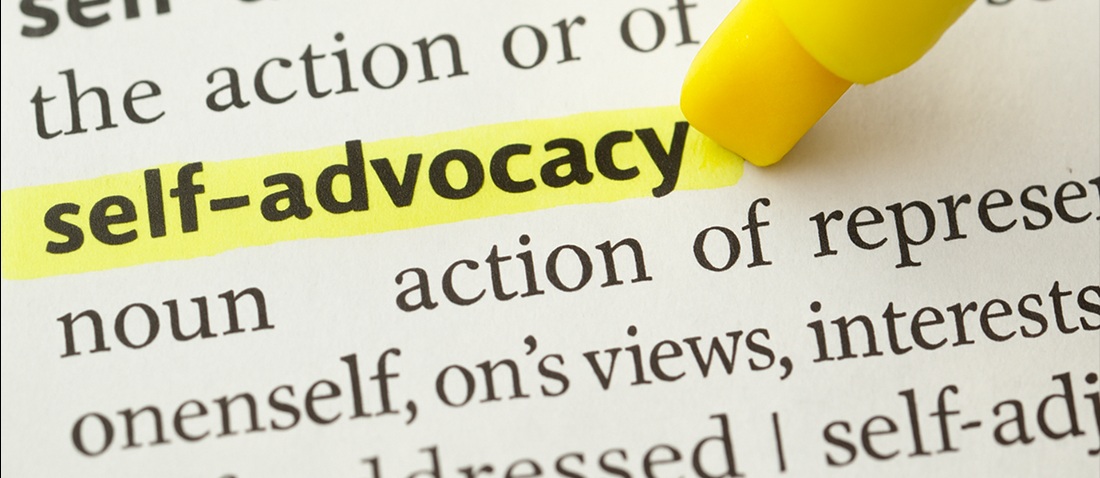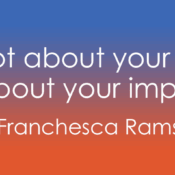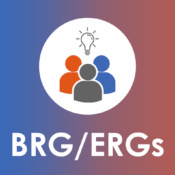
Self-Advocacy in the Workplace Isn’t Selfish. It’s Strategic.
For Deaf and hard of hearing professionals, self-advocacy is a daily act of strategy. It's not about being difficult or demanding. It's about surviving - creating a space where we can contribute and thrive.
Whether you're navigating team meetings, job interviews, or project deadlines, one thing becomes crystal clear: effective communication access doesn't just appear. It's something we often have to fight for.
But here’s the thing we don’t talk about enough: Self-advocacy doesn’t mean you should have to do everything on your own.
In fact, the best outcomes happen when the community surrounding us - interpreters, colleagues, managers, ERG members, HR leaders, and others - understand what advocacy really looks like, and how to show up as true partners.
Let’s break this down.
What Does Self-Advocacy Actually Mean?
When we talk about advocacy, most people picture someone speaking up in a meeting, or correcting access failures on the spot. That’s part of it - yet true advocacy extends far beyond speaking out.
It’s knowing your rights and using them confidently.
It’s explaining your access needs before you're forced to.
It’s requesting accommodations, and holding the system accountable when it falls short.
Above all else, it’s doing all of the above without apology.
4 Key Self-Advocacy Strategies to Know
Whether you’re new to the workforce or a seasoned leader, these self-advocacy strategies are essential tools in your kit. I come back to them often, and I share them with others in our community who are navigating similar challenges:
1) Know Your Rights
Under Civil Rights Laws like the Americans with Disabilities Act (ADA) and Section 504 of the Rehabilitation Act of 1973 you're generally entitled to effective communication. That might mean a certified ASL interpreter, real-time captioning (CART), tactile interpretation, or another form of access. Don’t let institutions water this down: “effective” is the keyword, not “whatever’s available.”
Learn more from the ADA’s official guidance on Effective Communication.
2) Be Specific
General requests like “I need help with access” can be misinterpreted. The more specific you are — “I need a qualified Deaf interpreter for a legal consultation,” or “I require CART captions with speaker labels” — the better your chances of getting what you actually need.
Without this clarity, there's a higher risk of delays or receiving services that don't fully meet your needs.
3) Document the Process
Keep records. Email confirmations. Meeting requests. Who said what, and when. Not only does this protect you — it gives you leverage if things fall apart.
One additional tip: document your requests in writing and use clear language. Keeping a paper trail ensures you have documented evidence of your accommodation request.
4) Find Your Support System
You don’t have to go it alone. Interpreters, colleagues, managers, and even customers can become impactful partners when they understand your communication goals and access expectations. Relationships matter, and so does setting clear expectations from the start.
Encourage your community to center accessibility via action, thus driving lasting systemic change. Get started by sharing last week’s blog post with your community to shed light on actionable steps they can take to support you.
Let's Be Honest
Self-advocacy shouldn’t fall entirely on our shoulders. But right now, it often does. Until systems change, we have to stay ready and surround ourselves with people who understand the stakes.
If you're a Deaf or hard of hearing professional: keep showing up. Own your worth. Learn your rights.
If you’re an interpreter, colleague, friend, or even an accessibility champion: join the charge. Learn how to lighten our load, not just observe it.
At 2axend, we believe advocacy is more than a skill - but a shared responsibility. Together, let’s drive lasting systemic change by harnessing the power of true partnership.
––
About 2axend: 2axend is a Deaf-owned and operated strategic consulting and training firm dedicated to working with organizations to improve the end-user experience for their Deaf and hard of hearing customers, employees, and stakeholders. We offer end-to-end project management, implementation, and strategic consulting services to address our clients’ organizational needs. Visit our Services page to learn more about the services we offer organizations like yours.



